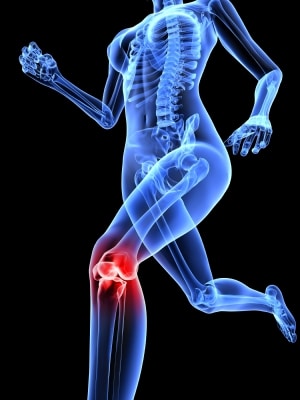Block Arthritis Inflammation Arthritis afflicts millions of people. Are you one of them? There’s good news. You can block arthritis...

Block Arthritis Inflammation Arthritis afflicts millions of people. Are you one of them? There’s good news. You can block arthritis...